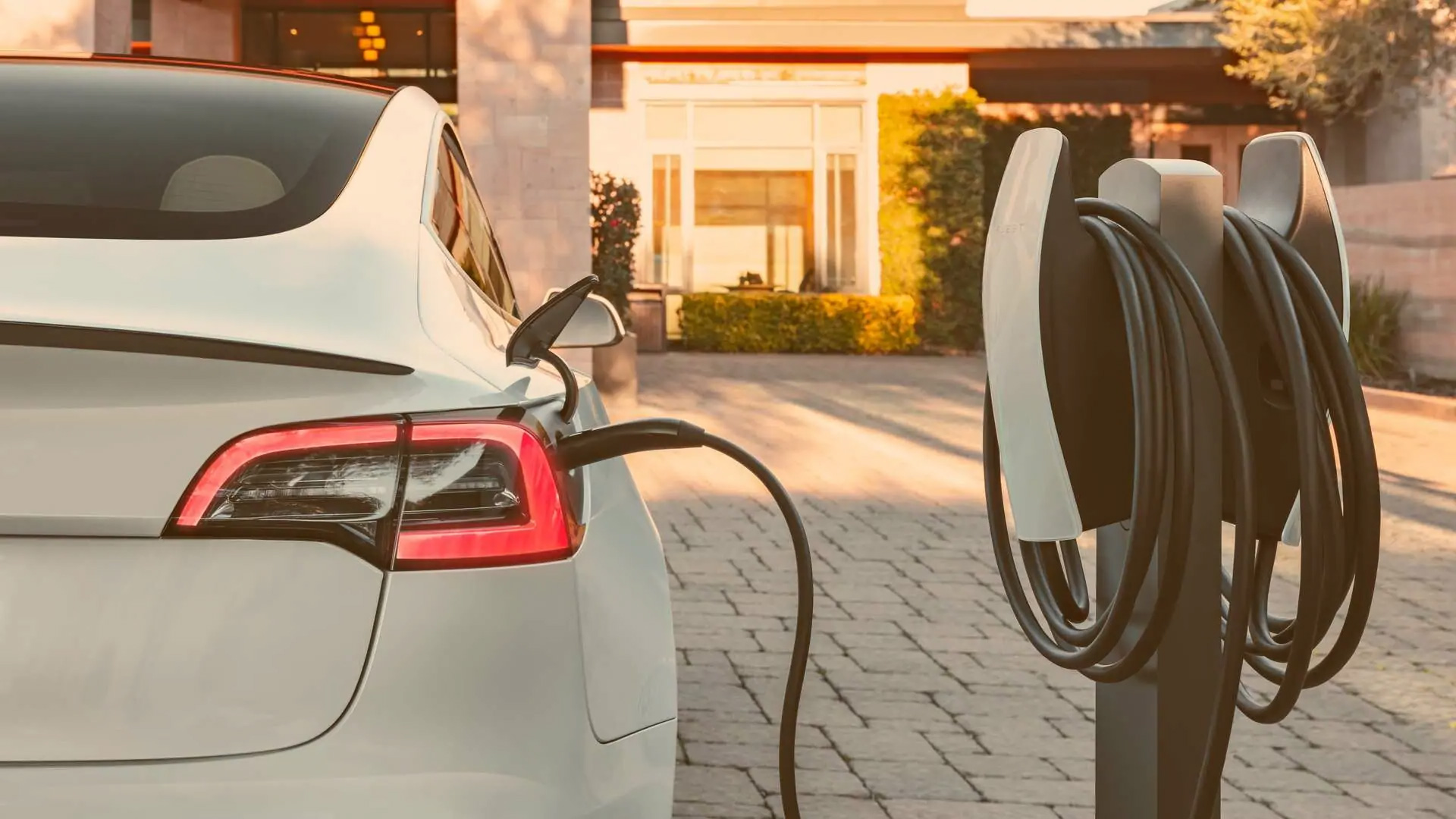
Portability is a pretty cool thing. And, in many cases, a portable item outweighs its stationary counterpart by a mile.
Dyson vacuums, for one, outdo plug-in vacuums on basically every level; they’re nimble yet powerful, convenient and fun to use. Plug-in vacuums imply bulky bodies and tangled, knotted-up cords, making you want to leave them in the cupboard to collect dust (the ultimate irony, right?)
But for portable vs hardwired EV charging stations, don’t jump to conclusions about which one is better. Both types have their perks, which we’ll discuss in this article to try and help you decide which one is better for you.
Plug-in electric vehicle chargers
Plug-in electric vehicle chargers, which are the portable variety, allow you to connect your gear to any 230-volt outlet. Many EV owners choose plug-in chargers due to convenience and a lower cost. Here’s what you need to know about plug-in electric vehicle chargers:-
- Pros
Convenience: portable electric vehicle chargers are more convenient than hardwired ones in two different ways. Firstly, you can take them anywhere, meaning that if you need to charge up while at work or a mate’s place, you can. And secondly, you don’t need to hire an electrician to install them in your home.
Affordability: not requiring to hire an electrician leads us to our second pro of affordability. Plug-in chargers tend to cost less than their hardwired counterparts of the same amperage. - Cons
Lower amperage: this, in turn, brings about the point of amperage. Portable chargers, on the whole, have lower amperage than hardwired chargers, meaning they take longer to charge your car.Most low- and mid-range portable chargers only charge up to 3.7kW. On a small car like the Nissan Leaf, this would charge the 40kW battery in 11 hours. It would take 22 hours on a battery double the size, like the Tesla Model S’s 80kW battery. Some hard-wired chargers are available in a whopping 150kW.However, there are some high-end, fast-charging portable chargers, like EVolution Australia’s GIGER 3-Phase 22kW Portable EV Charger. At 22kW, this guy can charge a Nissan Leaf from empty to full in less than two hours.
- Pros
Which is right for you?
Now you know the basic pros and cons of both:- Plug-in chargers: affordable, convenient, but slower to charge
- Hardwired chargers: faster to charge, but more affordable and stationary
The answer lies in deciding between the convenience of portability versus the convenience of a fast charge. And, of course, your budget!
If you’re looking to upgrade your EV, or invest in your very first one, the team at Carbroker.com.au are in your corner. They use their expert negotiating skills and connections with over 2000 car dealerships to drive down the price of your next car, getting you your dream ride for less dough. Get in touch with Carbroker today.
